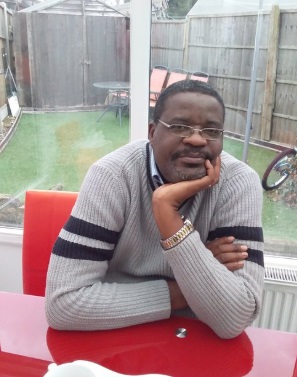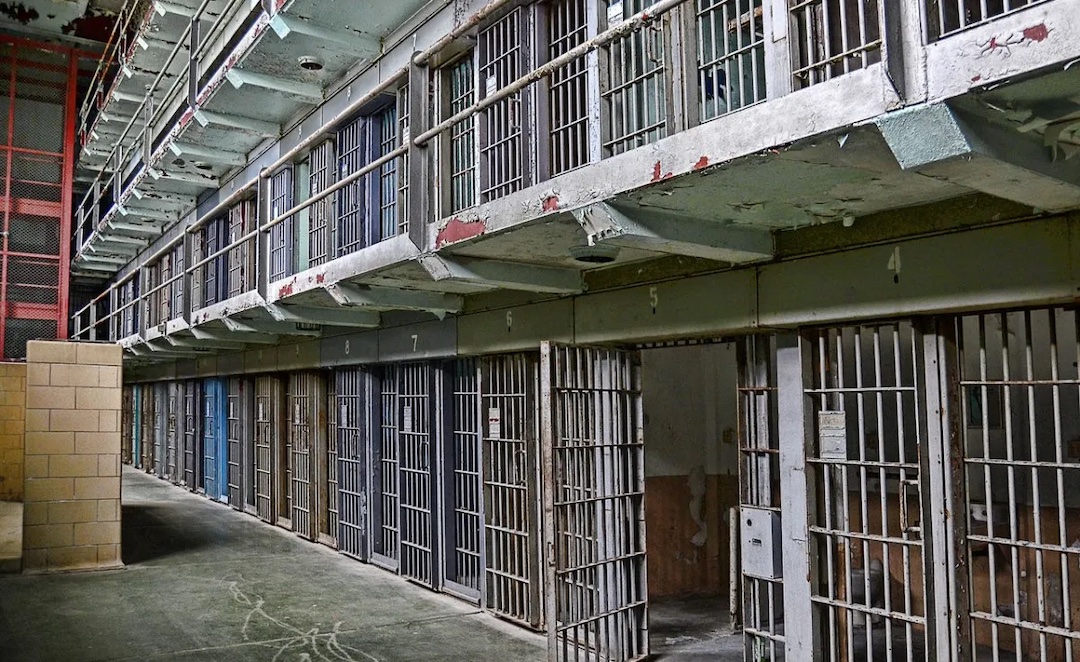Concerned about the state of the nation, I returned over the weekend to Professor Adam Przeworski’s seminal work, Crises of Democracy, to make sense of the present, the prospects of democracy and the portents of the democratic order, and to answer the questions citizens ask across the length and breadth of our country- what democracy operates here; why does the ballot enthrone conditions that threaten citizens’ survival?
Both questions do not permit facile answers; but I will attempt to answer them, even if my answers are facile, much later in this piece.
Przeworski’s work provides clearer context for understanding the crises that confront democracy globally; though, with specific regards to the current state of democracy everywhere, the renowned professor of politics, in my re-reading of his work, implicates two conditions which make democracy not only vulnerable; but fragile, to the extent that they threaten its existence. The two conditions he puts forward are: one, that democracy, hinged on capitalism, as the British journalist and economist, Martin Wolf, also poses in his book, The Crisis of Democratic Capitalism, is confronted by the vulnerabilities and pressures of capitalism, to the extent that economic strains which interrogate citizens’ survival also erode their confidence in democracy and trust of the democratic order; and two, that violent contests for power strain democracy. Przeworski’s work certainly speaks to our democratic crises, same way it convinces me that our democracy or democratic order lends itself out with a certain alterity or otherness.
What are the things which make our democracy or democratic order radically different from democracy as we know it elsewhere; or put another way, what makes our experience constitutive of a certain Nigerian ‘other’?
Democracy and capitalism are complementary- they occupy the opposite ends of the same spectrum – which means that the existence of one assures the existence of the other; or the death of one invariably leads to the death of the other. Given the complementary nature of democracy and capitalism, Nigeria’s extractive democracy and agbero capitalism, predatory and extractive, present themselves as different others that valorise behaviours that are antithetical to democracy and not conducive to democratic order. The relationship between both exists in the way they promote falsehoods and prioritise abuses of power, corruption, extortion, exploitation and extraction. Not that global capitalism or democracy does not represent any of these; the extractive political corruption and power-preserving idiocies we find in our alterity aid our political actors to hold on tightly to power in the many contrived and bloody ways one doesn’t find elsewhere. What is even worse is the so-called democratic order that permits oppression and inequality to flourish; and allows Manichean political actors to present themselves as sages, the light and cast citizens as evil, foolish. How did Fela famously describe it? “Make you hear this one… Na Nigerian government dem dey talk be, my people are useless, my people are senseless”…
For clarity, the points I make are twofold, which lend themselves out as answers to the twin questions posed in the opening paragraph of this piece.
Firstly, that our country constantly preaches, moralises and rationalises democracy, creating for itself a spectre of false practices that makes nonsense of democracy and the otherness dubious.
Secondly, that the Nigerian otherness is founded on the marriage between false agbero capitalism and a false democracy nurtured by intemperate political actors who, in their Manichean delirium, diminish the power of the people, disempower social and political forces, and crush political opponents in the name of order that reinforces coercive domination and abhorrent violence, contradictions that erode inclusion, equality and justice.
To make sense of the present, one has to look at (how) our country grapples with the abuses of power that undermine the rights of our citizens. Recent reports of police taking citizens hostages, coupled with the tragic deaths of detainees, in Ilorin, Awkuzu, Owerri and Port Harcourt, underscore a worsening culture of impunity and the character of a notional contraption that works only for the bad guys. With suppressed dissent, electoral heists, and widespread authoritarianism, the present doubtlessly provides the basis for projecting into the future. Of course, the future is already here, with bad actors using constitutional means to capture the state and enthrone the dictatorship of the worst kind.
History teaches us that dictators who ride roughshod on citizens only have to be shown the doors to oblivion. Citizens must pause and reflect on the immense power they hold- the power to resist evil and defeat dictators. Reflection is a moment in hindsight, of clarity, a time to remember that freedom is struggle. History is the narrative of victors – a story told by victorious citizens who reclaim their collective power at the decisive moment, while not bowing to dictators.




